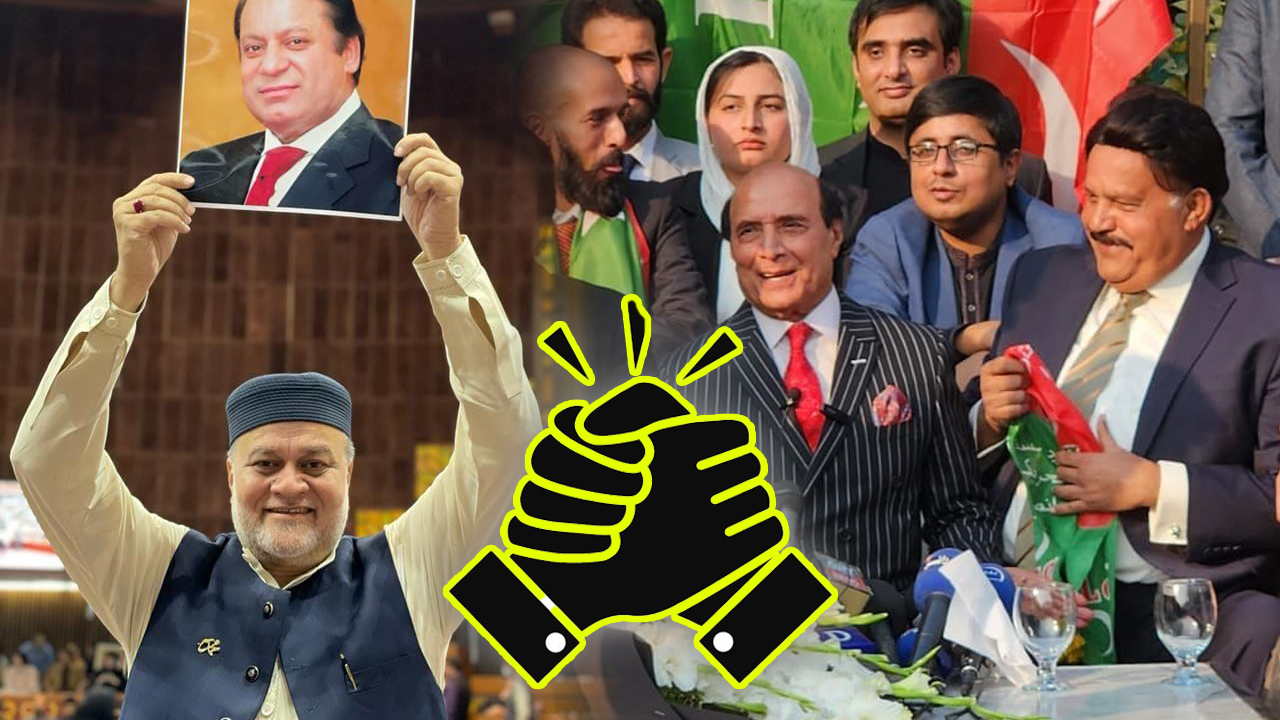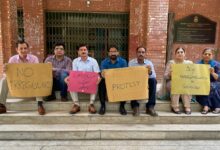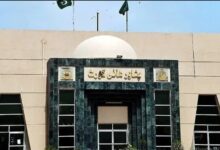Voices of Sahiwal: A Tapestry of Politics, Development, and Discontent

It was a significant day for us as Imran Khan was scheduled to visit Sahiwal. All preparations had been made, but the enthusiasm of PTI supporters took a hit due to heavy rain. Doubt lingered, and we were convinced that Khan might not make it. However, a miracle unfolded as not only did Khan arrive, but a substantial number of people also attended despite the challenging conditions of mud and bad weather. This resilient turnout showcased the strength of PTI, becoming the breaking news in the media. Ultimately, in the by-elections, Major (R) Gulam Sarwar emerged victorious. Ali, a resident of Pakpattan city, shared his thoughts with “THE REPORTERS”.
Sahiwal District comprises three MNA seats and seven MPA seats, with the track record of the N League consistently winning these seats for many years. Notable contenders for MNA include Syed Imran Ahmad Shah and Ch. Muhammad Ashraf, while strong candidates for MPA seats include Malik Nadeem Kamran, M. Asraf Malik, and Khizar Hayyat. Since the general election overseen by Musharraf, the N League candidates in Sahiwal District have proven unbeatable.
“They have established formidable connections in every public department,” remarked Imtiaz Ahmad Butt, a social worker from Sahiwal. He emphasized the N League’s pervasive influence, noting their significant presence in the police department, district council, corporation, and various other government entities. This widespread influence has a tangible impact on election results, according to Butt’s observations shared with “THE REPORTERS”.
They freely utilize public funds, having increased their commission from 3 percent to 5 percent, channeling these resources into their election campaigns. Due to the controversial 9th May incident, there is no formidable opponent against them, although PTI was prepared to challenge them in the upcoming general election. The youth is not aligned with their vision, and it holds true that these political workers lack a roadmap for the betterment of youth, women, and children, as emphasized by Imtiaz.
“For years, we’ve been pleading for basic necessities like clean water, health facilities, education, and, most importantly, our fair share of opportunities in public departments. Unfortunately, our pleas seem to fall on deaf ears. Dil Bar Jani, an active member of the Christian community, voices his concerns, urging people to visit our colonies in Sahiwal. Here, a proper sewage system is lacking, and we continue to grapple with unemployment. Despite the challenges, we find ourselves repeatedly placing trust in political promises during elections, as there seems to be no other viable option or source of hope in Sahiwal.
I’ve raised the issue on multiple platforms, highlighting the unjust appointments in the corporation, particularly on the daily wage seats that rightfully belong to Christian individuals. However, due to political interference, Muslims are appointed to these positions, further marginalizing our community. Unfortunately, our voices go unheard,” adds Dilbar Jani.
Sultan, a resident of 78/5R and a young law student, expressed the sentiment that the youth are no longer willing to accept family politics. Walayat Shah Khaga, once a formidable candidate from Sahiwal, was disqualified due to a fraudulent degree. He then passed on the political mantle to his son, Khizar Shah, who now stands as a winning candidate for the N League on the MNA seat. However, Sultan questions the accomplishments of this political lineage, emphasizing the lack of a clear vision for essential sectors such as health, education, rural development, and economic empowerment. Instead, he believes their focus is solely on acquiring and maintaining power.
Sultan contends that this family has sought to exert control over villagers, attempting to make them subservient. They have allegedly been involved in instigating conflicts on issues like love marriage, agricultural land disputes, loans, and more. The villagers, influenced significantly by the police, especially from the Noor Shah Thana, have lived under this influence for too long. Sultan asserts that this police station serves as a central point for the family’s power. However, he expresses that it’s time for a change, concluding with the question of who else can step in, given the suppression faced by PTI and the unfortunate absence of alternative options.
I was genuinely excited about casting my vote in this general election, and the reason behind my enthusiasm was, of course, PTI. However, where is PTI now?” Hira, a student of graduation at Government College for Women in Sahiwal, expressed her disappointment to “THE REPORTERS”. She contemplates the idea of wasting her vote, citing the poor state of road infrastructure and the deteriorating condition of her college building. Hira voices her frustration, stating that she hasn’t witnessed any tangible efforts from their MNA to address these public issues.
Despite her own inclination towards PTI, Hira acknowledges the influence of her parents’ long-standing affiliations with other political parties, which may ultimately guide their voting decisions.
Do you recall the program initiative launched by Shahbaz Sharif, known as “Road Sy Mandi Tuk Sarak”? The transformation in our villages is evident, with numerous carpeted roads connecting them to the city. Shahbaz Sharif’s impartial approach in implementing this initiative has resonated with the people, becoming a reason for their support towards the N League, as highlighted by Imran Kamyana, a professor at the Government Post Graduate College and a historian in his conversation with “THE REPORTERS”.
Sahiwal, a city surrounded by numerous villages, witnesses a dynamic interplay of interests shaped by caste and religious affiliations. A notable example is Ch. Ashraf, a formidable candidate of the N League hailing from the Arain family. The influence of the baradri system becomes evident in this context, as the eight Arain villages in Sahiwal align their votes in support of him.
However, Ch. Ashraf is not merely seen through the lens of his caste; he is perceived as a common man committed to aiding people within his constituency. Imran notes that Ch. Ashraf is often found standing alongside parents during school admissions or at the police station, actively supporting his baradri. This multifaceted engagement showcases the strength of both the baradri system and Ch. Ashraf’s hands-on approach in addressing the concerns of the community.
Fateh Sheer Road has been in a deplorable state for years, and despite a visit during Buzdar’s tenure, no action was taken to address the issue. Unfortunately, in the last five years of PTI’s administration, Sahiwal has not witnessed any substantial development, leaving voters disheartened. This lack of progress has been a source of disappointment for the community.
On the other hand, Malik Nadeem Kamran stands out as a shining example for many due to his dedicated efforts towards the development of Sahiwal. During his tenure, Sahiwal received recognition as a division, and his hard work resulted in the establishment of the University of Sahiwal and a medical college. Notably, Kamran’s background as a former student union leader makes him approachable and visible to the people, often seen at tea stalls in the city. This hands-on approach has fostered trust in the N League among the residents of Sahiwal.





